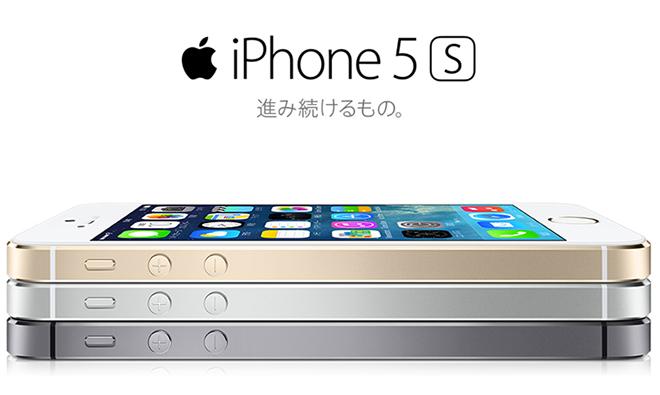After striking a deal to sell the iPhone through Japan's largest wireless telecom NTT DoCoMo, Apple now owns more than 36 percent of the country's entire cellular market, far outpacing worldwide rival Samsung.
According to the latest statistics from Tokyo-based market research firm MM Research Institute Ltd., Apple's iPhone accounted for 36.6 percent of all Japanese mobile phone shipments for the year ended in March, reports Bloomberg.
Apple's iPhone business boomed from a 25.5 percent marketshare for the year ago period, representing an 11.1 percent boost in shipments year-to-year. For the 2013 fiscal year, Apple shipped a total of 14.43 million iPhones in Japan. The huge jump is thanks to a new deal with longtime holdout NTT DoCoMo, Japan's largest carrier by subscribership, the firm said.
Trailing Apple was Sharp, which shipped 5.14 million phones to take 13 percent of the market, while Sony managed to ship 4.8 million units for a 12.3 percent share.
As for Samsung, the Korean company's various handsets took a 5.7 percent share of the market, putting it in sixth place.
The news comes as no surprise given Apple's continued dominance of the smartphone side of Japan's mobile phone market. In the fourth quarter of 2013, the iPhone took a massive 68.7 percent share of smartphone sales and was the top-selling handset on all three major wireless providers.
Vital to 2013's boost in sales was DoCoMo, which only started selling Apple's smartphone last fall. In its first full month of availability through the carrier in October, the iPhone accounted for 61 percent of DoCoMo's smartphone market.
Since the iPhone launched on Japan's SoftBank in 2008, DoCoMo was reluctant to agree to Apple's partner carrier policies and instead conducted business as usual, pushing domestic brands on its post-paid customers. In 2012, the firm finally admitted rival telecoms SoftBank and KDDI were sapping subscribers away with Apple's handset and wanted in on the deal.
Apple first reached the top of Japan's sales charts in 2012 when the iPhone captured 26.6 percent of the smartphone market, squeezing out competition from domestic smartphone makers like Sharp and Toshiba. At the time, Apple marketed only one model — the iPhone 4S — through SoftBank, the county's first exclusive provider to offer the handset.
 Mikey Campbell
Mikey Campbell

-m.jpg)






 Marko Zivkovic
Marko Zivkovic
 Mike Wuerthele
Mike Wuerthele
 Christine McKee
Christine McKee
 Amber Neely
Amber Neely
 Wesley Hilliard
Wesley Hilliard

 William Gallagher
William Gallagher










43 Comments
oops i did it again
This is for all cellphones, not just smartphones.
Going to Japan in three weeks. Reading a book on modern Japanese culture and customs. Says they rate foreigners in order of popularity. English speakers get the most respect, Koreans the least. No surprise this extends to buying preferences.
But... but... but the Japanese were supposed to hate the iPhone because their feature-phones were so much more functional (well that's what the analysts had always said). There's still no place to attach a Hello Kitty strap to the iPhone which is a must-have feature. Apple is very fortunate that the Japanese don't have a whole lot of love for South Korea and S. K. companies. Apple practically wins Japanese smartphone market share by default. The iPhone causing both smartphone and camera companies to suffer in Japan. It's rather amazing. They say the teens in Japan are heavily addicted to smartphone usage and spend almost all day browsing. The iPhone is definitely the go-to smartphone for browsing the internet. Anyway, it's good to hear iPhone sales are still rising in Japan and may only get better when larger display iPhones are available.
Yep, and every one of those three carriers LOCKS the iPhone and keeps it locked even after it goes off-contract.
It's a disgraceful ignoring of Japanese consumer rights and I think it continues like this because Japanese pols are in the pockets of Japanese mobile carriers—but what do I know after having lived here for just 30 years!
Apple—you need to stick up for consumer rights in one of your key mobile markets.